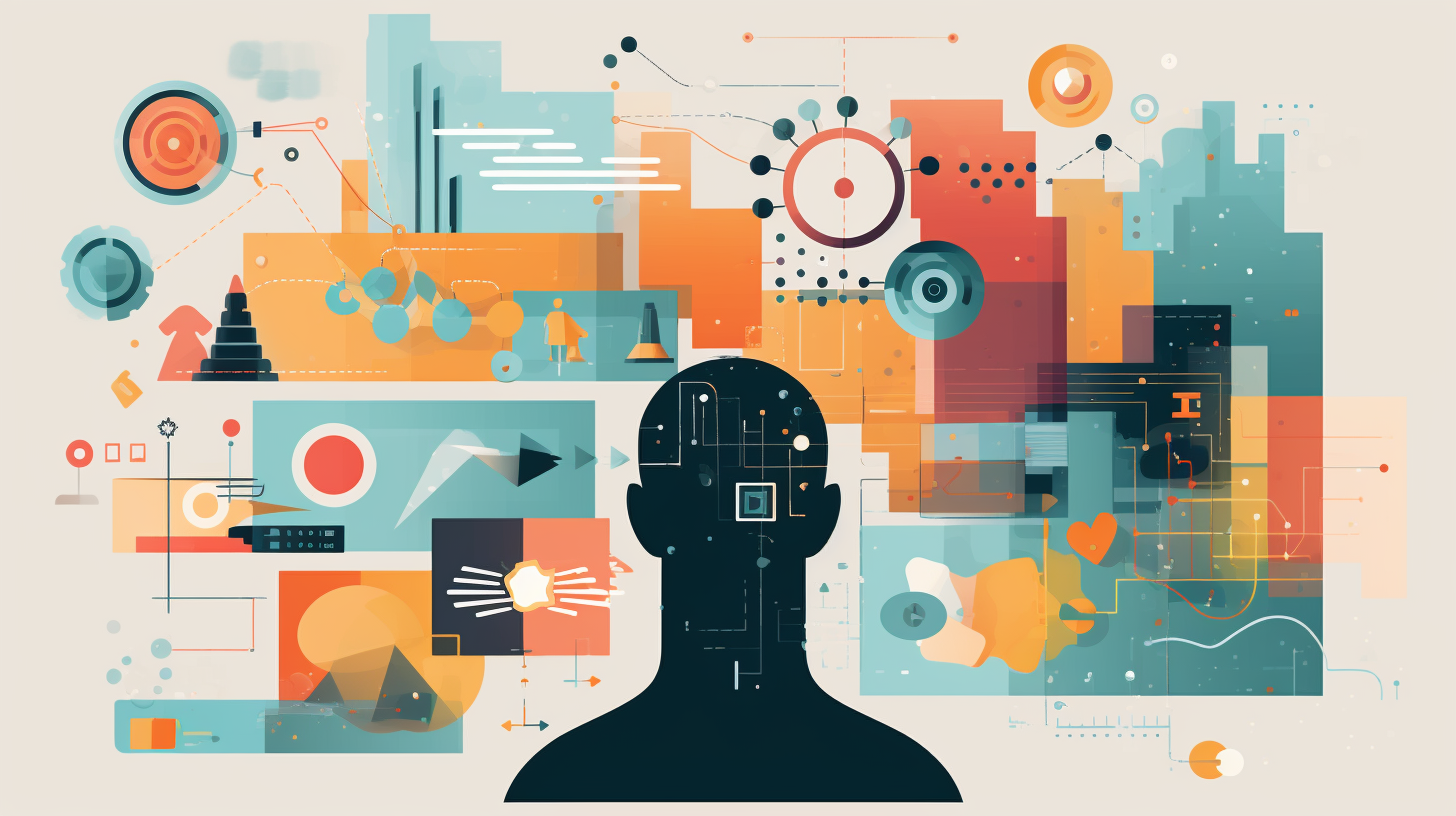AI for Inclusivity: Unlocking the Power of Artificial Intelligence to Foster Diverse and Inclusive Urban Communities
In today's rapidly urbanizing world, fostering diverse and inclusive urban communities is essential for creating cities that cater to the needs of all residents. By leveraging artificial intelligence (AI), urban planners can develop data-driven strategies to create more equitable and vibrant urban spaces. In this in-depth article, we explore the transformative potential of AI in creating inclusive and diverse urban communities, examining the latest industry trends, innovative case studies, and future prospects.
Table of Contents
- The Importance of Inclusive and Diverse Urban Communities
- AI: A Game Changer for Inclusive Urban Planning
- Innovative AI-Driven Projects for Inclusivity and Diversity
- Challenges and Ethical Considerations in AI-Driven Urban Planning
- The Future of AI in Promoting Inclusive and Diverse Communities
1. The Importance of Inclusive and Diverse Urban Communities
Inclusive and diverse urban communities are vital to the health and well-being of city residents. By designing cities that cater to the needs of all individuals, urban planners can foster social cohesion, promote economic growth, and enhance overall livability.
Key Benefits of Inclusive and Diverse Urban Communities:
- Improved access to opportunities for all residents
- Enhanced social cohesion and sense of belonging
- Greater resilience to social, economic, and environmental challenges
- Increased innovation and creativity through diverse perspectives
2. AI: A Game Changer for Inclusive Urban Planning
AI has emerged as a powerful tool in urban planning, enabling planners to make data-driven decisions and optimize the design of urban spaces. By leveraging AI algorithms, planners can analyze vast amounts of data and identify patterns that would otherwise be invisible to the human eye. This data-driven approach allows planners to better understand the needs and preferences of diverse populations and develop urban spaces that cater to these needs.
AI Tools and Techniques for Inclusive Urban Planning:
- Machine Learning Algorithms: These algorithms can analyze historical data and identify patterns related to urban development, accessibility, and social dynamics, helping planners make informed decisions.
- Predictive Analytics: AI-powered predictive models can forecast the impacts of proposed urban interventions on different population groups, enabling planners to optimize their designs accordingly.
- Natural Language Processing: This AI technique can be used to analyze public comments and feedback on urban planning proposals, ensuring that the voices of diverse residents are taken into account.
- Geospatial Analysis: AI-driven geospatial analysis can help planners identify areas with high concentrations of vulnerable populations and develop targeted interventions to enhance inclusivity.
3. Innovative AI-Driven Projects for Inclusivity and Diversity
Across the globe, city planners and researchers are exploring innovative ways to leverage AI in creating inclusive and diverse urban communities. Here, we highlight some of the most promising initiatives:
Case Studies and Innovative Projects:
- The Urban Inclusion Index: This AI-powered tool evaluates cities based on their inclusivity across multiple dimensions, such as housing, education, and public spaces, providing actionable insights for urban planners.
- The Accessibility Mapping Project: Using AI and crowdsourced data, this project aims to create detailed maps of urban areas, highlighting accessibility features and barriers for people with disabilities.
- AI for Social Housing: This initiative uses AI algorithms to analyze housing data and develop strategies for creating more affordable and inclusive housing options in cities.
- The DiverseCity Project: This project employs AI to analyze urban design features that promote or hinder diversity and inclusivity, offering recommendations for creating more inclusive public spaces.
- AI-Powered Gentrification Detection: By using machine learning algorithms, this initiative helps planners identify areas at risk of gentrification, enabling targeted interventions to preserve social diversity.
4. Challenges and Ethical Considerations in AI-Driven Urban Planning
Despite the potential of AI in creating inclusive and diverse urban communities, several challenges and ethical considerations need to be addressed:
Potential Challenges and Ethical Concerns:
- Bias in AI Algorithms: AI algorithms are only as good as the data they are trained on. If the input data contains biases or inaccuracies, the resulting recommendations could perpetuate or exacerbate existing inequalities.
- Privacy and Data Security: The collection and analysis of large-scale data sets raise concerns about individual privacy and data security. Planners must ensure that personal information is protected and used responsibly.
- Digital Divide: The benefits of AI-driven urban planning may not be evenly distributed if certain populations lack access to digital resources and technology. Ensuring that all residents can benefit from AI-driven initiatives is crucial for promoting inclusivity.
- Accountability and Transparency: As AI algorithms become more complex, understanding their decision-making processes can be challenging. Ensuring transparency and accountability in AI-driven urban planning is essential for maintaining public trust and avoiding potential negative impacts.
5. The Future of AI in Promoting Inclusive and Diverse Communities
The role of AI in creating inclusive and diverse urban communities is expected to grow as technology advances and cities become increasingly interconnected. As AI algorithms continue to improve, their potential to transform urban planning will only increase, providing new opportunities for building more equitable and sustainable cities.
Future Trends and Opportunities:
- Integration of AI with other emerging technologies: Combining AI with technologies such as IoT, blockchain, and augmented reality could unlock new possibilities for inclusive and data-driven urban planning.
- AI-driven participatory urban planning: AI has the potential to facilitate more inclusive and participatory planning processes, enabling residents to actively engage in shaping their communities.
- AI for climate-resilient urban planning: As climate change continues to impact cities, AI can play a crucial role in helping planners design urban spaces that are both inclusive and resilient to climate-related risks.
- Ethical AI frameworks for urban planning: Developing ethical frameworks and guidelines for AI-driven urban planning will be critical in ensuring that AI is used responsibly and benefits all residents.
In conclusion, AI is transforming the way we approach inclusive and diverse urban planning, offering new possibilities for creating vibrant and resilient cities. By embracing the potential of AI and addressing the associated challenges, we can unlock a future of more equitable and sustainable urban communities.



